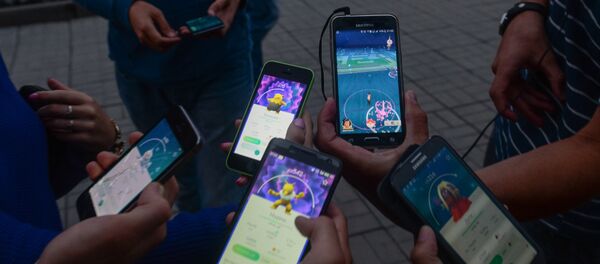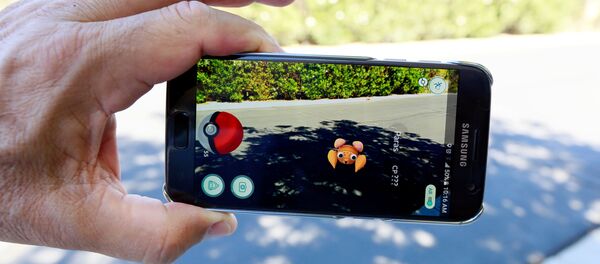Google Glass users were able to access email, look at maps and enjoy social media applications, as well as third-party apps. But the project was suspended not long after the first devices were marketed to the public. A heated debate raged over possible unauthorized videotaping and facial recognition. Some businesses announced anti-Google Glass policies way before the device was actually made available to the public. In Russia law enforcement agents could have easily seized the gadget because of its spying capabilities, and wearing Google Glass may have even been a criminal offense.
However, Google's negative experience didn't stop other companies from working on similar projects. In 2016 Snapchat started selling their own camera-equipped glasses called Spectacles for $130 a piece. Snapchat marketed the product as a fun toy, rather than serious gadget. The company's CEO Evan Spiegel told The Journal that Snapchat will "roll out" Spectacles very slowly so that Snapchat could figure out how they fit into people's lives and see how they like it.
However, as social networks are set to play an even more important role in people's daily lives, AR gadgets may very well make a powerful comeback.
Veteran computer graphics developer Jon Peddie says that by 2020 humans will be wearing AR glasses which will be capable of displaying useful information, such as directions and translations, as well as recording video. He adds, that in just a few years disputes over AR's privacy will not matter as much as they do today.
"In a world of nation-backed hackers and with laws that now allow ISPs to sell your browsing history and other information about you, in a world with WikiLeaks, and spy magazine, and other privacy intrusions and security break-ins, the romantic and idealistic notion of security and privacy is something we tell ourselves we have to protect, and does not exist."
Other tech giants, such as Facebook are working on their own AR gadgets. The company recently launched a new Camera Effects Platform for developers, which allows adding an AR-layer to Facebook's multimedia content.
We'd love to get your feedback at radio@sputniknews.com.
Have you heard the news? Sign up to our Telegram channel and we'll keep you up to speed!




